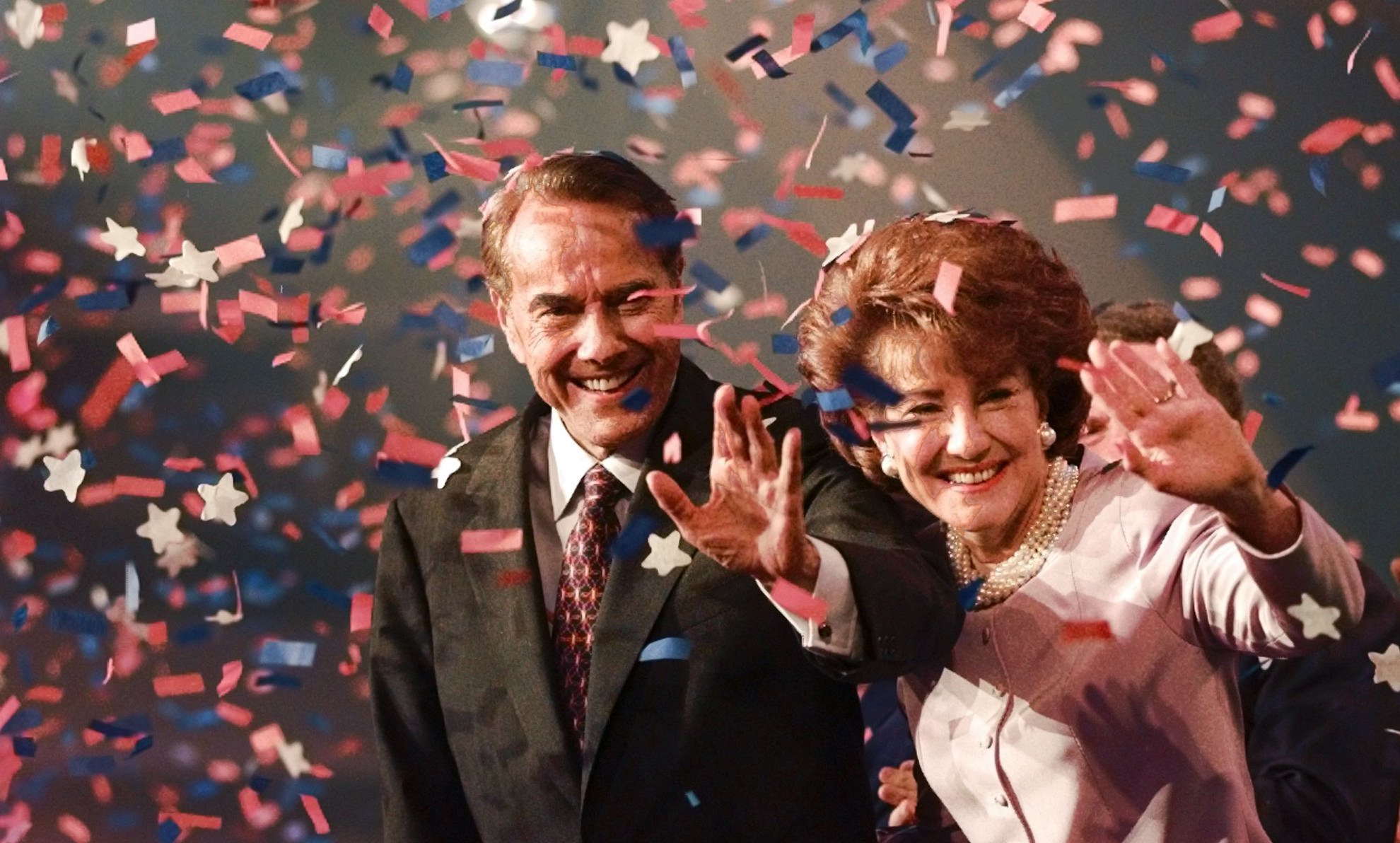One of the sadder deaths in 2021 was that of former Kansas senator Bob Dole. Wounded war-hero and long-serving politician, Dole was widely respected from people across the political spectrum not only for his skills but also for his willingness to try and work across divides to achieve common objectives.
That type of talent seems less obvious among large swathes of the political class these days. Perhaps one reason for that is an absence of civility in political life. It’s much harder to forge agreement on difficult policy issues when you have spent days and weeks describing your political opponents as anything spanning the gamut from the spawn of Satan to the equivalent of name-your-dictator-of-choice.
Given just how charged American political life has become over the past 30 years, it seems difficult to imagine that there is much prospect of restoring some civility to the American public square. Dole was concerned enough about the problem that he set up The Robert J. Dole Institute of Politics, whose role “is to promote political and civic participation as well as civil discourse in a bi-partisan, balanced manner.”
That’s a noble goal, but the obstacles to its realization are formidable. For one thing, American political culture has not always given significant priority to civility. It’s worth noting that, from the beginning of the Republic, civility has disappeared for long stretches from public discourse and debate if enough people thought the occasion demanded it.
Recall, for example, the sheer rancor that marked the first contested presidential election, that of 1800, as the Republicans and the Federalists duked it out with no holds barred. Figures like President John Adams and his erstwhile friend Thomas Jefferson were subject to pamphleteering from their opponents that left little to the imagination when it came to character assassination. Only a few years earlier, the once untouchable President George Washington, elected unopposed twice, had been vilified as a traitor and a lackey of England in newspapers and journals for signing the Treaty of Amity, Commerce, and Navigation with Great Britain in 1794.
Another factor at work is incentives. The incentives for aspiring and incumbent politicians to tone down the rhetoric are relatively few. Those political leaders who speak in a calm and reflective manner just aren’t going to get anywhere near as much attention as the congressmen or senators adept at getting themselves on the evening news and thus garnering publicity (very important for fundraising) by using extravagant language that verges on the apocalyptic.
All this is exacerbated by the melancholy fact that the political divisions between left and right in America are very wide and, if anything, deepening. Of course, there have always been profound and even unbridgeable disagreements about particular subjects in American politics. Whether it is slavery in the past or abortion in the present, the likelihood of some type of consensus emerging around certain important issues is often unlikely because of what different people believe to be at stake. The number of such issues, however, seems to be magnifying today.
I don’t have any particular solution to this problem in American politics, but I do think that one starting point is for a deeper discussion as to what civility actually means. That, at least, would help widen appreciation of why civility is so important if republican government is to persist in America.
The first thing that helps us grasp the meaning of civility is to recognize that it is not friendship. Nor is the goal of civility for everyone to be everyone else’s friend.
Rather, it involves behaving toward others in a certain manner described as civil. By this is meant politeness and a minimal level of respect that everyone merits, regardless of a person’s social background, ethnicity, religion, political views, or status in society. I may strongly disagree with someone’s political views about subjects ranging from levels of federal government spending to foreign policy. I have a choice, however, in the way that I express my views to others. I can either be civil and polite, or I can be antagonistic and downright rude. Civility is when I choose the former way of speaking and acting over the latter.
Behaving civilly to others, however, doesn’t mean that I can’t state my thoughts strongly and forcibly. Civility is not about soft-peddling your opinions. It’s not about avoiding a confrontation with truly evils ideas such as Marxism or fascism. Nor is civility immediately concerned with trying to establish agreement on disputed questions, let alone making indispensable debates fizzle away into a bland exchange of opinions.
If anything, civility is concerned with allowing strongly held disagreements to be articulated in ways that help underscore the nature of the differences, while also allowing onlookers to judge who has the better argument. Civility thus assists in preventing participants in public debates, as well as those trying to make up their minds about where they stand, from becoming distracted by heated rhetoric designed to inflame passions and distract people from the substance of what is being argued about.
That, I’d suggest, is the most important reason why we need more civility in politics. Any political system that perpetually assigns priority to who “out-shouts” everyone else over grasping the substance of what is being debated cannot help but move more and more in the direction of demagoguery. And few things are more dangerous than demagoguery for the internal stability of a constitutional republic like the United States.
American politics has always been a messy, often ugly, and sometimes deeply polarizing business. A resurgence of civility won’t eliminate this. To the extent, however, that civility allows space for a degree of public-mindedness and greater transparency and therefore more light than heat into the public square, its conscious cultivation can only help.
This article originally appeared in The Detroit News on Jan. 14, 2022

